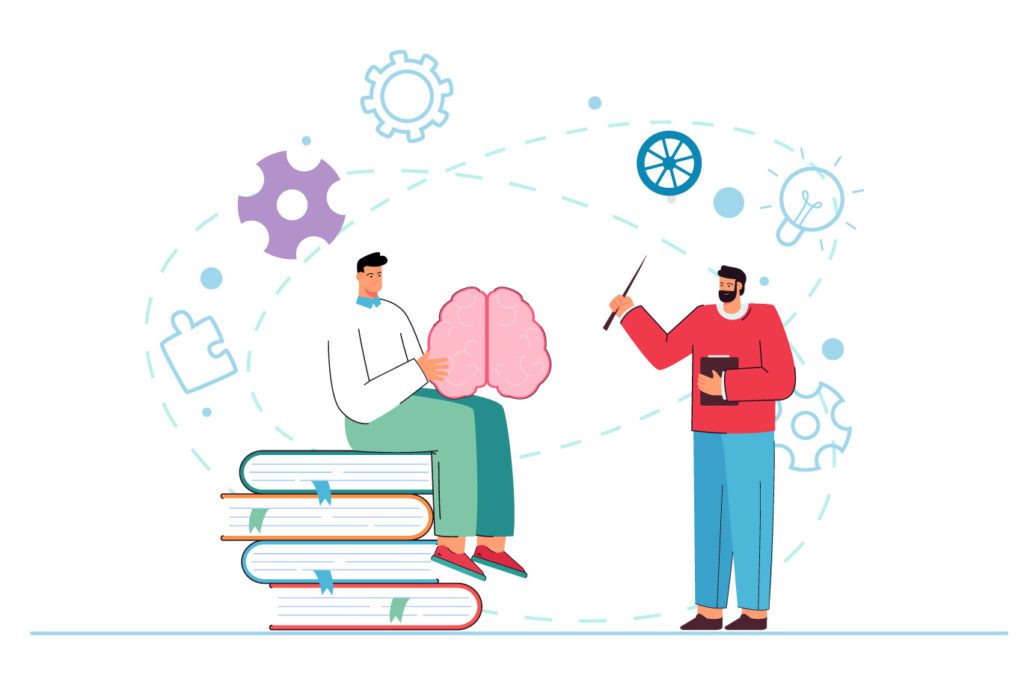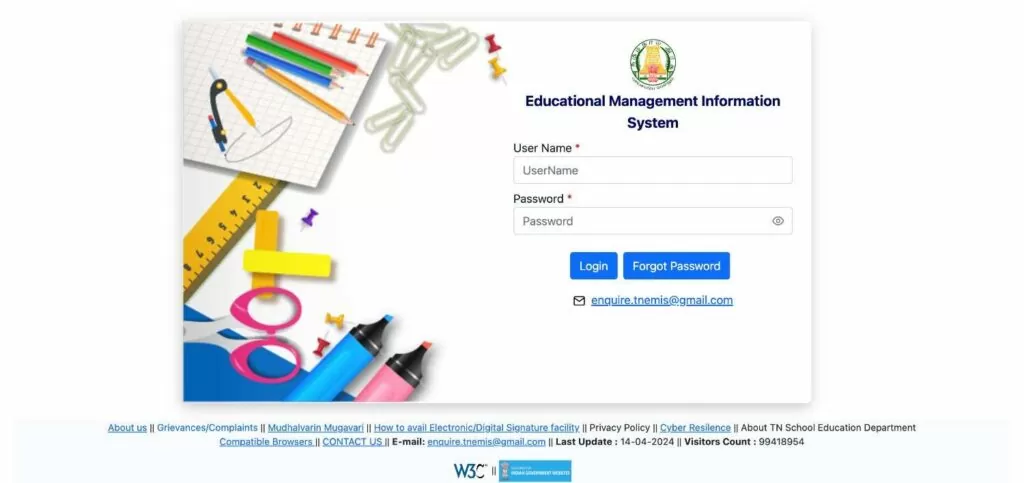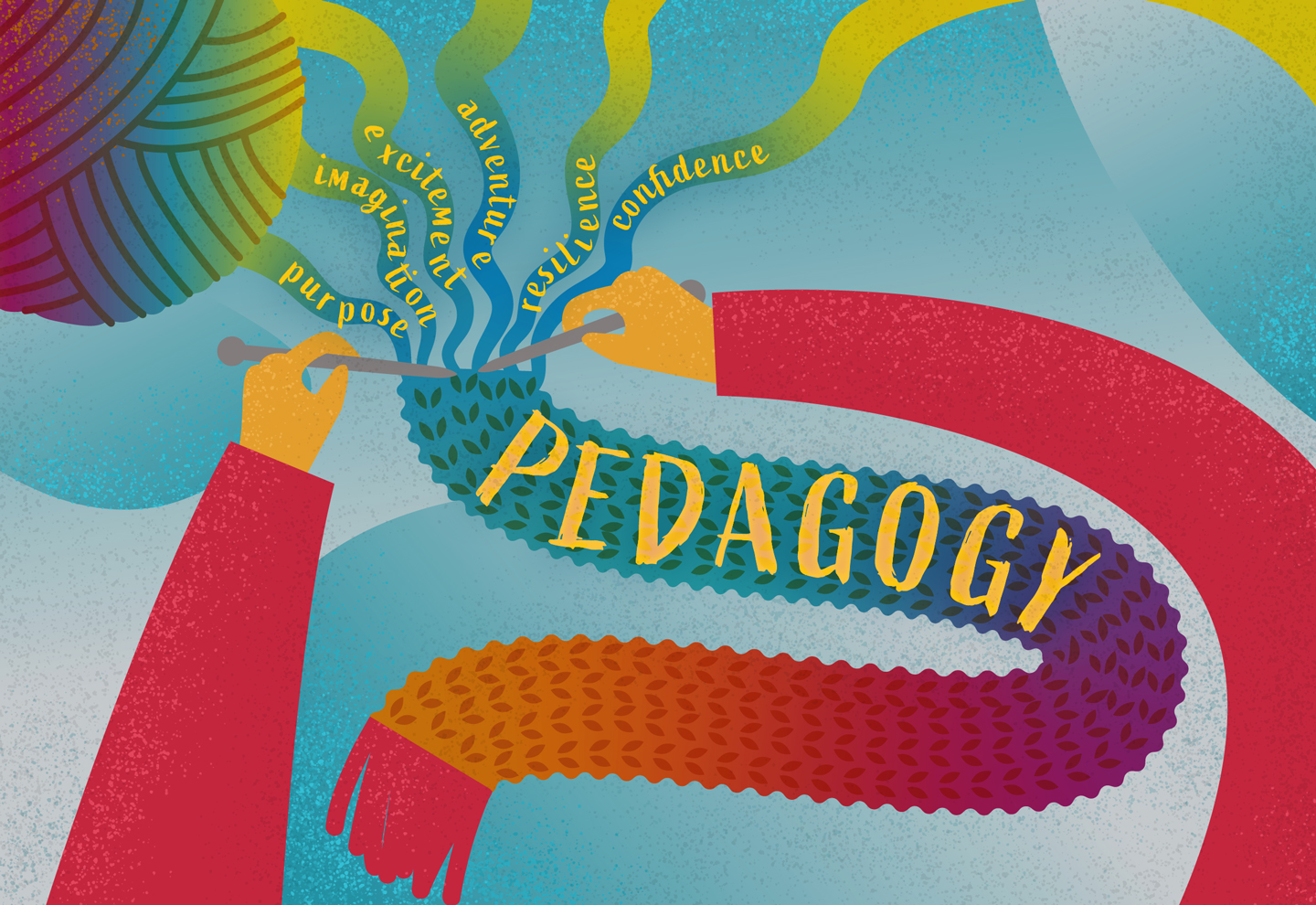Introduction to Educational Psychology
Educational psychology is a field of study that explores the psychological principles and theories that influence teaching, learning, and human development in educational settings. It encompasses a wide range of topics, including cognitive development, learning theories, motivation, assessment, and classroom management. Educational psychologists seek to understand how individuals acquire knowledge, develop skills, and interact with their environment to inform effective teaching practices, instructional design, and educational interventions. By applying insights from educational psychology, educators can optimize learning experiences, promote student engagement, and enhance academic achievement.
Understanding the Foundations of Educational Psychology
Cognitive Development
Cognitive development is a central focus of educational psychology, examining how individuals acquire, process, and organize information over time. Educational psychologists study cognitive processes such as perception, memory, attention, and problem-solving to understand how learning occurs and how to optimize instructional strategies that promote deeper understanding and retention of content.
Learning Theories
Educational psychology explores various learning theories that explain how learning happens and how it can be facilitated effectively. From behaviorism and cognitivism to constructivism and connectivism, learning theories provide frameworks for understanding the cognitive, behavioral, social, and technological factors that influence learning and inform instructional practices that cater to diverse learner needs and preferences.
Motivation and Engagement
Motivation and engagement are key factors in educational psychology that influence student learning and achievement. Educational psychologists study motivational theories and factors such as intrinsic and extrinsic motivation, goal-setting, self-efficacy, and achievement motivation to understand how to foster a positive learning environment that promotes student engagement, persistence, and success.
Applications of Educational Psychology in Education
Instructional Design
Educational psychology informs instructional design by providing insights into how to create effective learning experiences that align with learner needs, goals, and abilities. Educators use principles of instructional design to develop curriculum, design learning activities, and select instructional materials that promote active learning, critical thinking, and skill development in students.
Assessment and Evaluation
Educational psychology guides assessment and evaluation practices by informing the design of assessment tools, techniques, and strategies that measure student learning outcomes effectively. Educators use principles of educational psychology to develop valid and reliable assessments, provide meaningful feedback, and use assessment data to inform instructional decision-making and improve learning outcomes.
Classroom Management
Educational psychology informs classroom management strategies that create a positive and supportive learning environment conducive to student engagement and achievement. Educators use principles of educational psychology to establish clear expectations, promote positive behavior, and address challenges such as student motivation, attention, and social-emotional needs effectively.
Future Directions in Educational Psychology
Technology Integration
The integration of technology into educational psychology holds promise for enhancing teaching, learning, and assessment practices. Educational psychologists explore how digital tools, platforms, and resources can support personalized learning, promote collaboration, and provide real-time feedback that enhances student engagement and achievement in diverse educational contexts.
Equity and Inclusion
Educational psychology plays a crucial role in promoting equity and inclusion in education by addressing disparities in access, opportunity, and outcomes for diverse learners. Educational psychologists examine factors such as cultural diversity, socioeconomic status, and individual differences to inform interventions and policies that promote educational equity, access, and success for all students.
Lifelong Learning and Development
Educational psychology recognizes the importance of lifelong learning and development across the lifespan, beyond formal schooling. Educational psychologists explore how learning continues throughout life and how individuals can continue to grow, adapt, and thrive in a rapidly changing world, informing practices that support lifelong learning and development in individuals and communities.
Conclusion
In conclusion, educational psychology provides valuable insights into the cognitive, motivational, and social factors that influence teaching, learning, and human development in educational settings. By applying principles and theories from educational psychology, educators can optimize instructional practices, promote student engagement, and enhance academic achievement. As the field of educational psychology continues to evolve, it holds promise for informing innovative approaches to teaching, learning, and assessment that empower individuals to reach their full potential and contribute to a more equitable and inclusive society.





